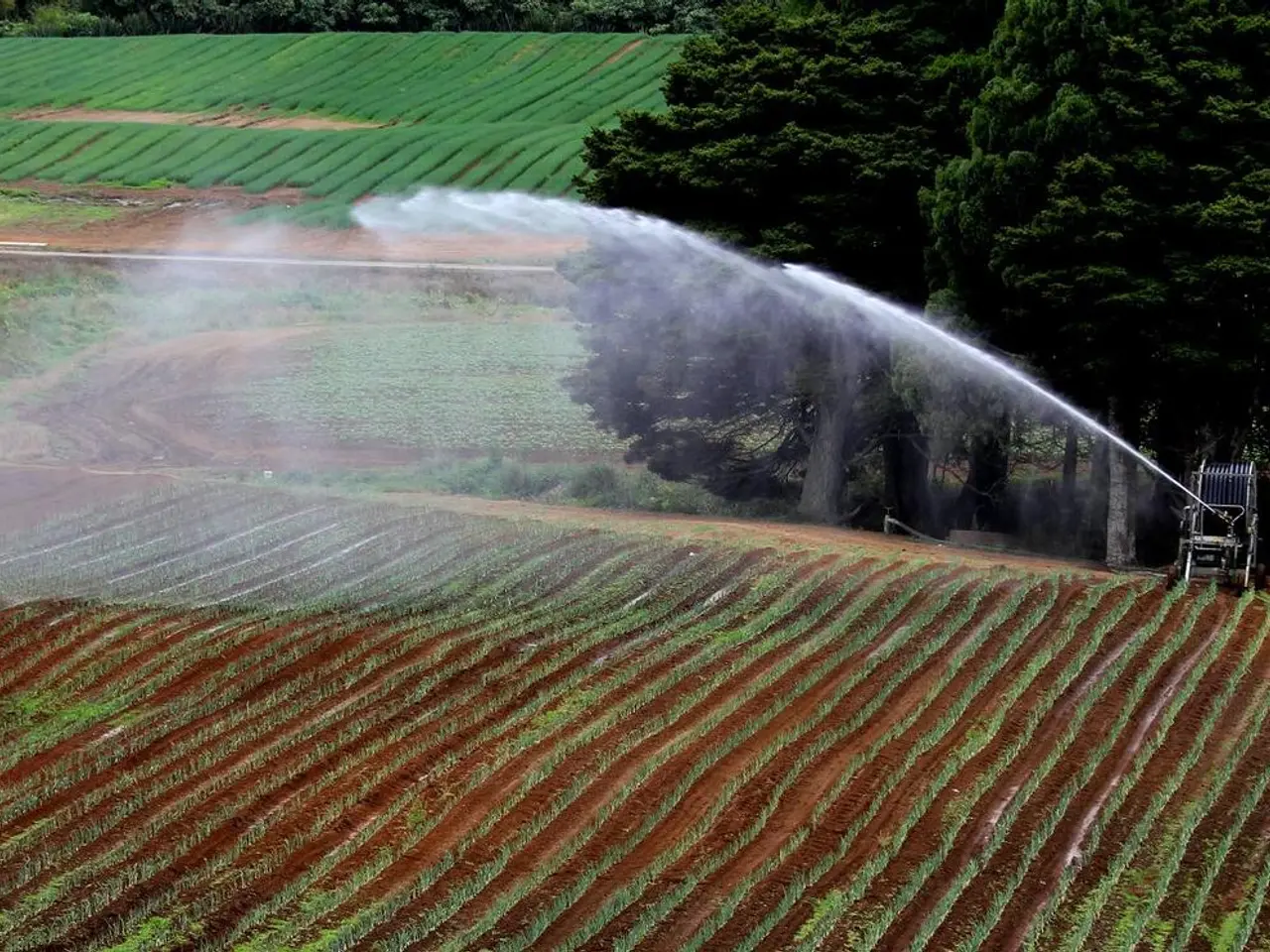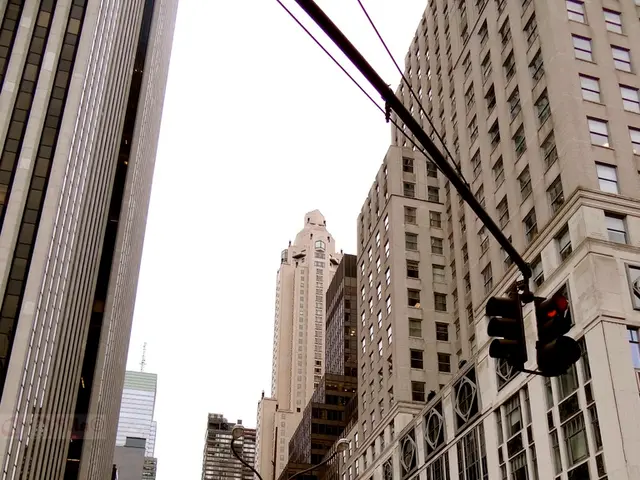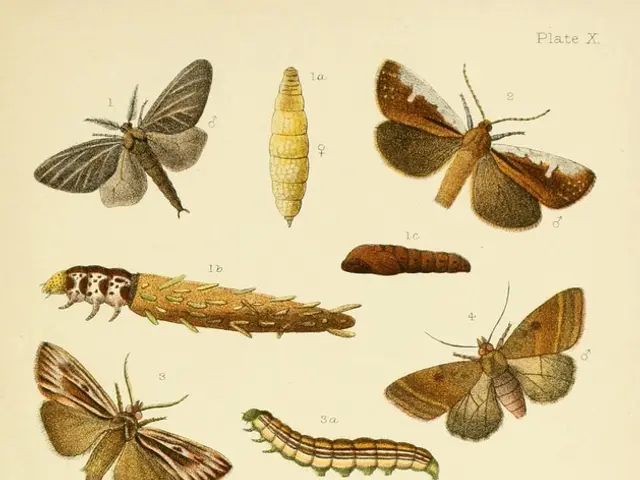Reduction Plan for Plant Protection Products in Lower Saxony
Lower Saxony Announces Pioneering Plant Protection Products Reduction Strategy
A groundbreaking strategy aimed at reducing the use and risk of chemical-synthetic plant protection products (PPMs) has been unveiled in Lower Saxony. The strategy, known as the Lower Saxony Plant Protection Products Reduction Strategy, was published on February 14, 2023.
The strategy encompasses a combination of regulatory measures and incentives to decrease the reliance on PPMs. One of the key objectives is to lower the use of PPMs by at least 25% compared to the average of the 2015/16 to 2020/21 economic years by 2030.
The Lower Saxony Way, a partnership between the state government, environmental organizations, and agriculture, has spearheaded the development of this strategy. It is based on measures from the "Plant Protection Products Deployment Paper".
The strategy is not limited to agricultural lands. Chemical-synthetic PPMs are already prohibited on permanent grassland in nature conservation areas and landscape protection areas securing Natura 2000 sites in Lower Saxony. The use of these products in private gardens is also being advocated for phasing out at the federal level.
Alternative methods will be employed to replace the use of PPMs. These will be built upon existing projects involving farmers and environmental organizations. For instance, the FINKA project encourages conventional and organic farmers to exchange ideas.
Voluntary measures are also offered through the European Union's Common Agricultural Policy (CAP) for farmers not using PPMs on flowering strips or areas on arable land. Water protection strips and specific requirements in nature conservation and FFH areas are also part of the strategy.
The Lower Saxony Chamber of Agriculture is leading the way in digital and sensor-based application methods for reducing PPM use. The Digital Farming Practice Lab in Schickelsheim domain (Helmstedt district) is a testament to their commitment.
Key figures from the farm statistics will be considered for the evaluation of the reduction strategy's progress. An interim evaluation will be conducted five years after its start, i.e., in 2027, and a final evaluation will be conducted in 2030.
The German Environment Agency (Umweltbundesamt) supports the federal government in creating the conditions to phase out chemical-synthetic pesticides in private gardens as quickly as possible.
This comprehensive strategy marks a significant step forward in the pursuit of a greener and more sustainable Lower Saxony. By reducing the use of PPMs, the strategy aims to protect the environment, promote biodiversity, and ensure a healthier and safer food chain for all.
Read also:
- More than half of British homes adhere to insulation standards established during the 1970s.
- While Éowyn's storm caused a massive €301 million in damages, fossil fuels maintain their position as the leading power source.
- Transition in Energy: Merz Administration Plans Enactment of Heating Revolution from 2026
- German Obsession with Luxury Vehicles Thriving Amid Traffic Congestion








